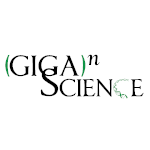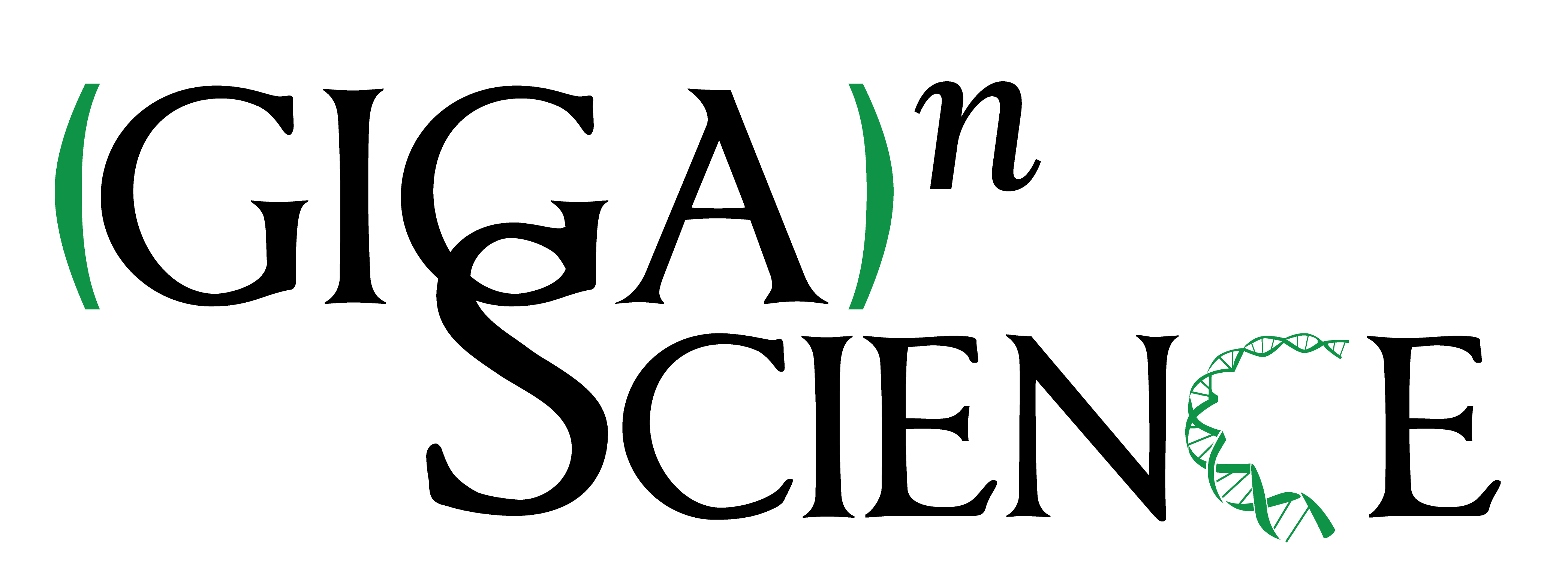Necklace: combining reference and assembled transcriptomes for more comprehensive RNA-Seq analysis
This article has been Reviewed by the following groups
Discuss this preprint
Start a discussion What are Sciety discussions?Listed in
- Evaluated articles (GigaScience)
Abstract
Background
RNA sequencing (RNA-seq) analyses can benefit from performing a genome-guided and de novo assembly, in particular for species where the reference genome or the annotation is incomplete. However, tools for integrating an assembled transcriptome with reference annotation are lacking.
Findings
Necklace is a software pipeline that runs genome-guided and de novo assembly and combines the resulting transcriptomes with reference genome annotations. Necklace constructs a compact but comprehensive superTranscriptome out of the assembled and reference data. Reads are subsequently aligned and counted in preparation for differential expression testing.
Conclusions
Necklace allows a comprehensive transcriptome to be built from a combination of assembled and annotated transcripts, which results in a more comprehensive transcriptome for the majority of organisms. In addition RNA-seq data are mapped back to this newly created superTranscript reference to enable differential expression testing with standard methods.
Article activity feed
-

Now published in GigaScience doi: 10.1093/gigascience/giy045
Nadia M Davidson 1Murdoch Childrens Research Institute, Royal Children’s Hospital, Victoria, Australia2School of Bio-Sciences, University of Melbourne, Victoria, AustraliaFind this author on Google ScholarFind this author on PubMedSearch for this author on this siteFor correspondence: nadia.davidson@mcri.edu.au alicia.oshlack@mcri.edu.auAlicia Oshlack 1Murdoch Childrens Research Institute, Royal Children’s Hospital, Victoria, Australia2School of Bio-Sciences, University of Melbourne, Victoria, AustraliaFind this author on Google ScholarFind this author on PubMedSearch for this author on this siteORCID record for Alicia OshlackFor correspondence: nadia.davidson@mcri.edu.au alicia.oshlack@mcri.edu.au
A version of this preprint has been published in the Open Access journal …
Now published in GigaScience doi: 10.1093/gigascience/giy045
Nadia M Davidson 1Murdoch Childrens Research Institute, Royal Children’s Hospital, Victoria, Australia2School of Bio-Sciences, University of Melbourne, Victoria, AustraliaFind this author on Google ScholarFind this author on PubMedSearch for this author on this siteFor correspondence: nadia.davidson@mcri.edu.au alicia.oshlack@mcri.edu.auAlicia Oshlack 1Murdoch Childrens Research Institute, Royal Children’s Hospital, Victoria, Australia2School of Bio-Sciences, University of Melbourne, Victoria, AustraliaFind this author on Google ScholarFind this author on PubMedSearch for this author on this siteORCID record for Alicia OshlackFor correspondence: nadia.davidson@mcri.edu.au alicia.oshlack@mcri.edu.au
A version of this preprint has been published in the Open Access journal GigaScience (see paper https://doi.org/10.1093/gigascience/giy045 ), where the paper and peer reviews are published openly under a CC-BY 4.0 license.
These peer reviews were as follows:
Reviewer 1: http://dx.doi.org/10.5524/REVIEW.101125
-
-

